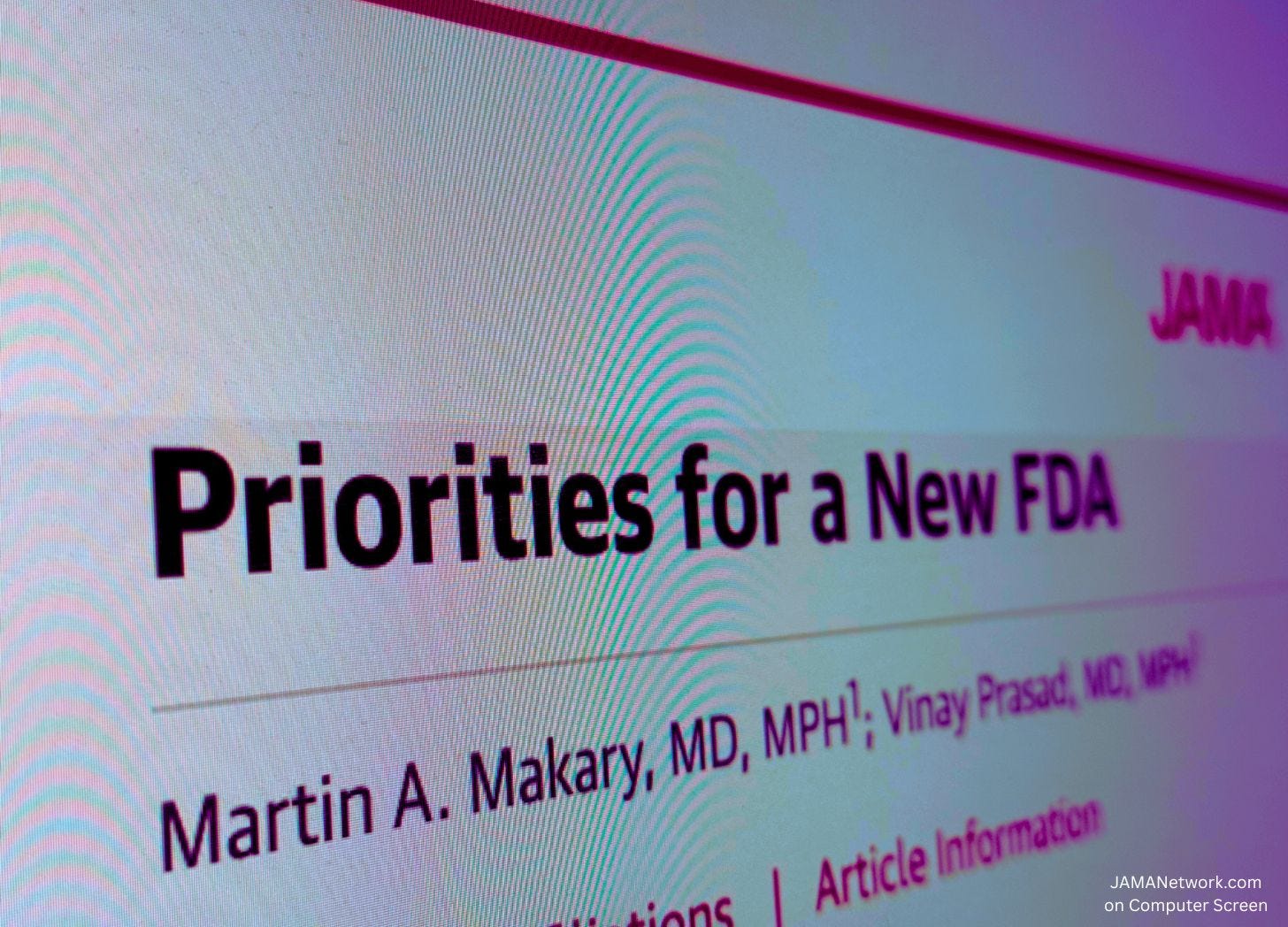FDA to Slash Drug Review Times to 'Weeks'—Building on COVID-Era Fast-Tracking Powers: JAMA
FDA's new "priorities" include "accelerating" drug development, not slowing it down.
The U.S. Food and Drug Administration (FDA) now openly admits it can fast-track drug approvals in weeks—not years—just as it did under COVID-19 emergency powers.
CDC data confirms that COVID injections have been linked to 38,615 deaths, 220,701 hospitalizations, and 1,663,522 adverse events—but these represent less than 1% of the true numbers, if a 2010 HHS-funded Harvard doctor-led analysis is correct.
The FDA’s “accelerating” drug development raises urgent questions about safety, transparency, and whether the regulatory agency can be trusted to fast-track high-risk products without proper scrutiny.
And history shows why caution matters—FDA-approved drugs like Vioxx led to billions in injury and death settlements after being rushed to market under agency oversight.
Follow us on Instagram @realjonfleetwood & Twitter/X @JonMFleetwood.
If you value this reporting, consider upgrading to a paid subscription.
The FDA’s new pilot programs will formalize a “rapid or instant” review system and speed up approvals for new drugs and medical products, perhaps permanently changing U.S. drug regulation.
“Here are our priorities for a new FDA,” FDA Commissioner Dr. Martin Makary and senior FDA official Dr. Vinay Prasad wrote in JAMA on June 10, 2025. “During the COVID-19 pandemic, review processes that took a year were performed in weeks. We believe this is clear demonstration that rapid or instant reviews are possible.”
According to the paper, FDA’s new pathway will enable drug companies to pre-submit much of their paperwork.
This includes manufacturing plans, draft labels, and packaging details, all before clinical trials are complete.
The goal is to move products from trial results to approval “in weeks.”
“The time from when pivotal trial results are known to when decisions are made must be shortened,” the agency writes. “This has implications for public welfare and will improve the risk-reward calculation of drug development.”
In other words, the FDA is now institutionalizing the same “warp speed” fast-tracking process used during COVID.
Not only for emergency products, but as the new norm for U.S. drug approvals.
And how can a thorough “risk-reward calculation” be made in such short time?
The move comes amid growing public criticism of FDA’s 50-year record of failure to improve U.S. health outcomes.
Chronic disease rates are soaring, with “40% of US children now [having] a chronic medical condition” and “1 in 6” a neurodevelopmental disorder, according to the same JAMA paper.
U.S. life expectancy has plateaued or declined despite record health spending.
FDA leaders argue that slashing review times and ushering “transformational” new products to market will address this public health crisis.
But critics may question whether faster approvals—especially with pre-submitted paperwork before trial completion—risk compounding the same regulatory failures that helped fuel past health disasters, such as the opioid epidemic.
Follow us on Instagram @realjonfleetwood & Twitter/X @JonMFleetwood.
If you value this reporting, consider upgrading to a paid subscription.





They can’t just shoot you to get rid of you that would be too obvious so they just doing it anyway they can.
Full steam ahead!
This was never about good or bad medicine, but the slave matrix they are installing through synthetic biology.